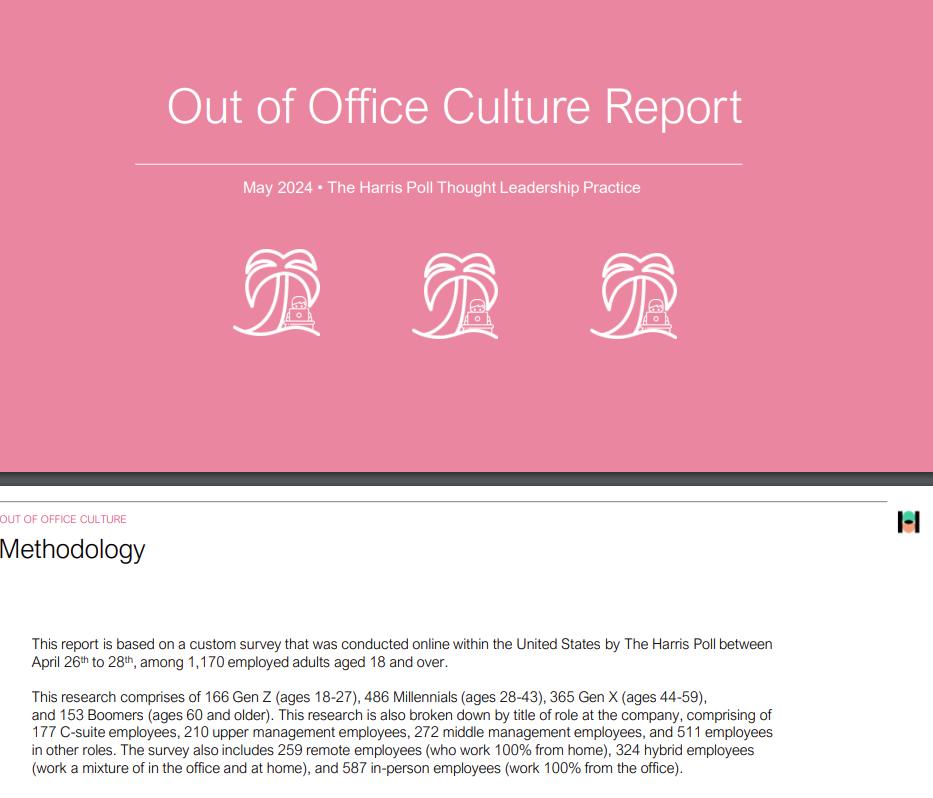
With Memorial Day weekend heralding the vacation season and pool openings, a recent report suggests some remote workers may be shortchanging their employers while enjoying extra holiday perks.
The Harris Poll uncovered the burgeoning trend of “quiet vacationing” in a recent analysis on “out of office culture.” This phenomenon follows on the heels of “quiet quitting,” where millennial and younger workers fulfill only their basic job requirements, coupled with a growing sense of entitlement among newer professionals.
Faced with rising overhead costs and reduced revenue from frugal customers, companies might promote a “do more with less” mentality. This often translates to unpaid overtime or non-vacations, where employees are still expected to work. About 60% of workers find it hard to disconnect while on leave, and roughly two-thirds dread the workload awaiting them upon return, fueling the “quiet quitting” trend.
As these quiet vacationers blend work with leisure, the impacts are multifaceted. Productivity may dip, and the blurred lines between work and personal time can lead to burnout. The challenge for employers is to navigate this new landscape, ensuring work-life balance while maintaining organizational efficiency. The shift in worker attitudes demands a reevaluation of traditional office culture and the development of strategies to foster genuine time off, ensuring employees return refreshed and motivated.
Sources:
https://headlineusa.com/millennials-quiet-vacationing-pto/
https://theharrispoll.com/wp-content/uploads/2024/05/OOO-Culture-Report-May-2023.pdf
https://headlineusa.com/millennials-quiet-vacationing-pto/
h/t beeches